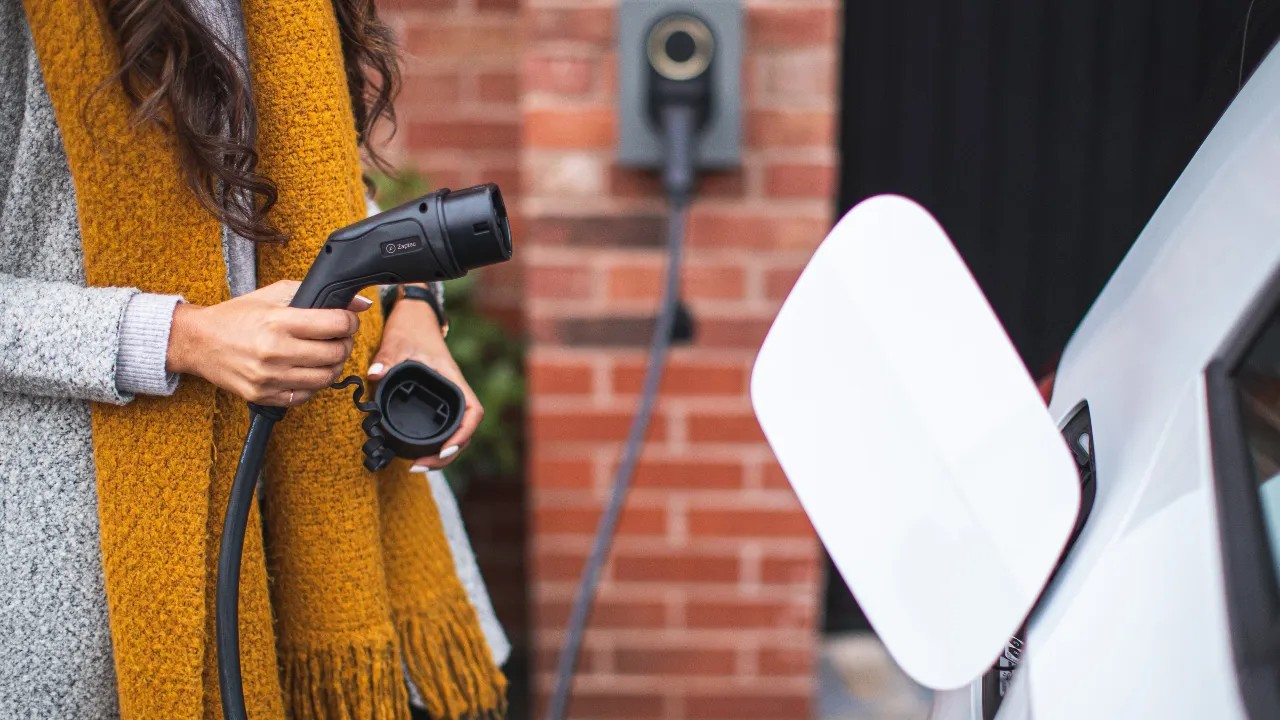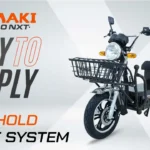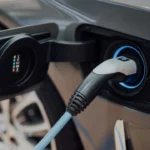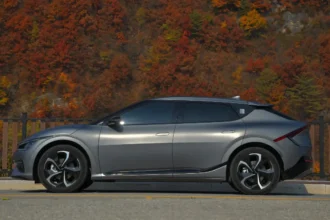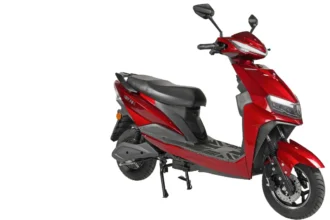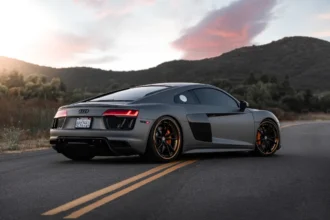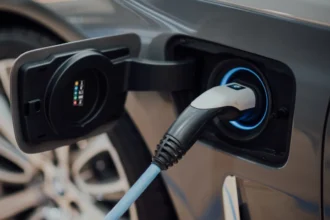When you think about buying a new car in India today, you have more choices than ever before. Beyond traditional petrol and diesel vehicles, there are now two major alternatives gaining popularity: hybrid cars and fully electric vehicles. According to HSBC Global Research, these two technologies aren’t competing with each other as much as you might think. Instead, they’re attracting completely different types of buyers. IndianExpress reports that this trend is reshaping how car companies plan their future models.
Why Different People Choose Hybrids vs. Electric Cars
Strong hybrid electric vehicles (SHEVs) and battery electric vehicles (BEVs) appeal to different customer groups based on their unique needs. Hybrids combine a traditional engine with electric power, while fully electric cars run solely on battery power. According to research from Deloitte, about 21% of Indian consumers prefer hybrid vehicles, while only 8% prefer fully electric cars. This difference exists despite hybrids having a much higher tax rate (48% GST compared to just 5% for electric vehicles).
Why this big difference? Many people are not yet ready to make the complete jump to electric. They worry about finding charging stations during long trips, the higher upfront cost of electric cars, and how far they can drive on a single charge. Hybrids offer a comfortable middle ground – better fuel efficiency than regular cars but without the anxiety of depending entirely on charging infrastructure.
- Hybrid buyers typically want improved fuel efficiency and lower emissions while maintaining the convenience of refueling at regular petrol stations. They often drive longer distances or live in areas with limited charging options.
- Electric vehicle buyers are usually more technology-focused and environmentally conscious. They typically live in urban areas with better charging infrastructure and drive shorter daily distances.
- Grant Thornton Bharat found that 40% of consumers prefer hybrids while only 17% prefer electric vehicles, showing many see hybrids as a stepping stone toward eventual full electrification.
How Different States Are Supporting Clean Vehicles
Government support plays a crucial role in helping people choose cleaner vehicles. Interestingly, states that support both technologies are seeing growth in both categories. In Haryana, electric vehicle sales increased by more than 130% between late 2022 and mid-2023. Similarly, Rajasthan saw a 150% jump in electric vehicle adoption during a comparable period.
Several states have created special incentives to make these vehicles more affordable. Uttar Pradesh offers specific benefits for strong hybrid electric vehicles, while states like Maharashtra, Goa, and Gujarat provide various forms of support for electric vehicles, including:
- Road tax exemptions that reduce the overall cost of owning these vehicles by eliminating yearly taxes that regular car owners must pay
- Registration fee waivers that make the initial purchase process less expensive and encourage more people to consider these alternatives
- Direct subsidies that lower the upfront price of vehicles, making them more competitive with traditional options
Why India Will Have Multiple Types of Car Technologies
HSBC Research emphasizes that India will remain a “multi-powertrain country” for many years to come. This means that different types of engines and power systems will continue to exist side by side. Why? Because India has unique transportation needs that vary greatly between crowded cities and vast rural areas.
Car companies are responding to this reality by developing various options. Mahindra & Mahindra and Hyundai Motor are actively exploring hybrid technologies alongside their electric vehicle plans. This approach helps them reach more customers with different needs and budgets.
Global Slowdown and What It Means for India
The electric vehicle market is facing challenges worldwide. Even Tesla, the world’s largest electric car maker, recently reported its lowest quarterly earnings in some time. This global slowdown is happening because of reduced government incentives in many countries and ongoing limitations with charging infrastructure.
For Indian consumers, this means more time to make the transition. The gradual shift toward cleaner vehicles will likely continue at a steady pace, with both hybrids and electric vehicles growing in popularity based on their unique advantages for different types of users.
As you consider your next vehicle purchase, understanding these different options and how they might fit your specific needs will help you make a more informed choice about which technology is right for you.
